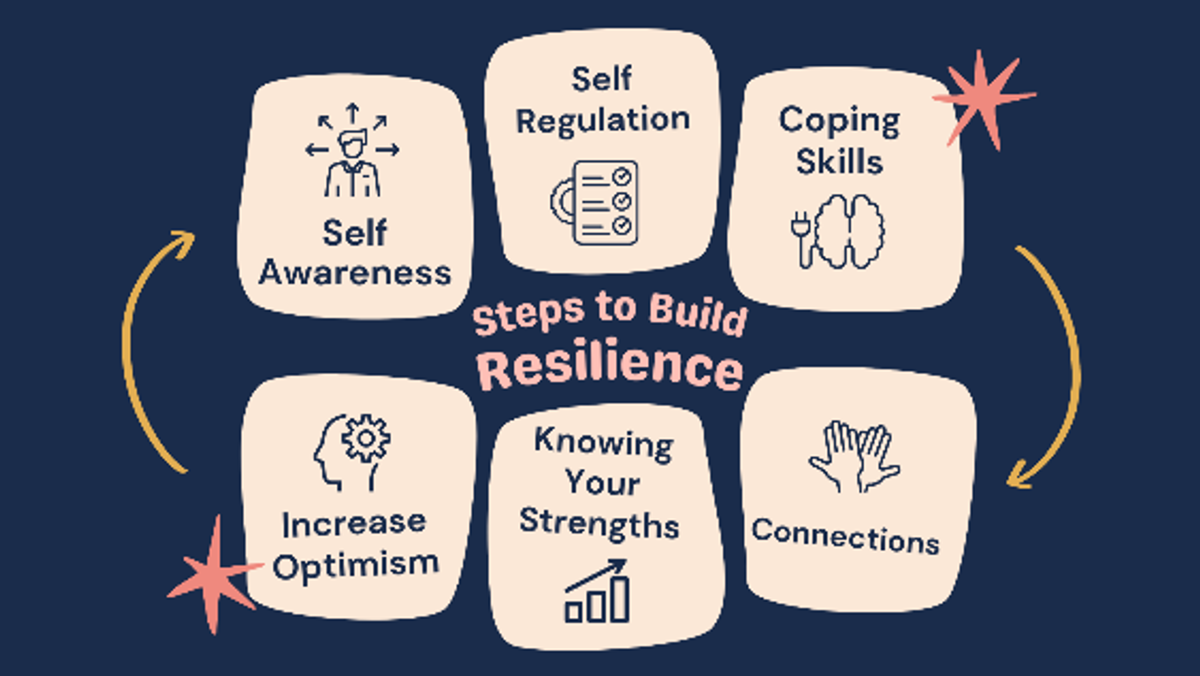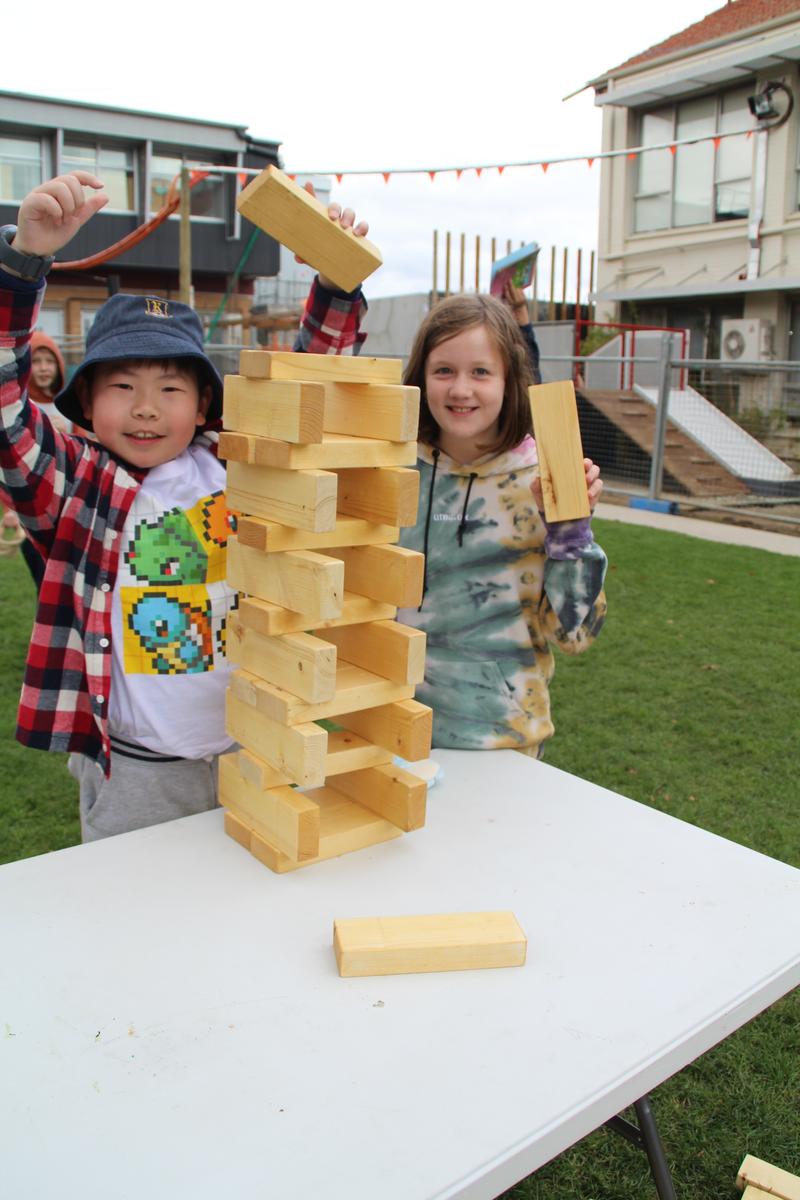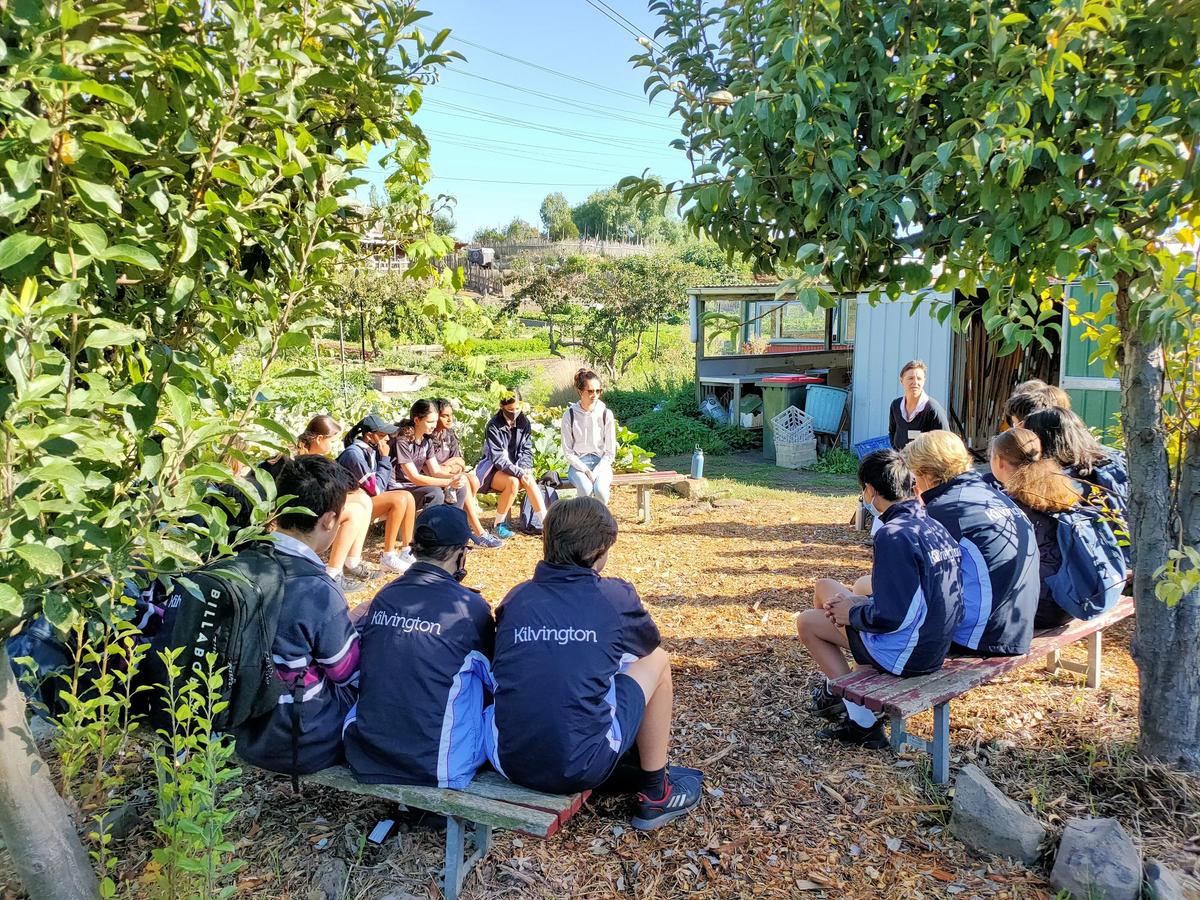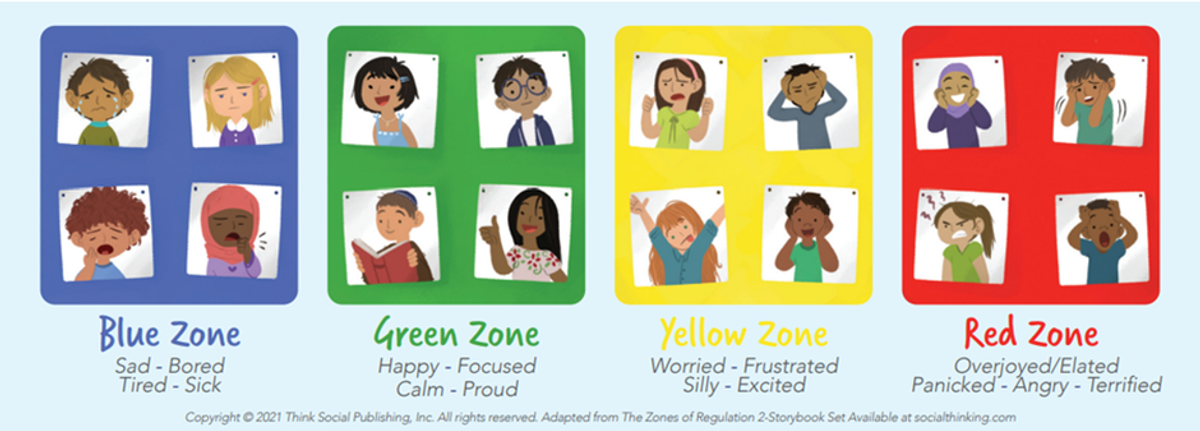From the Leadership Team
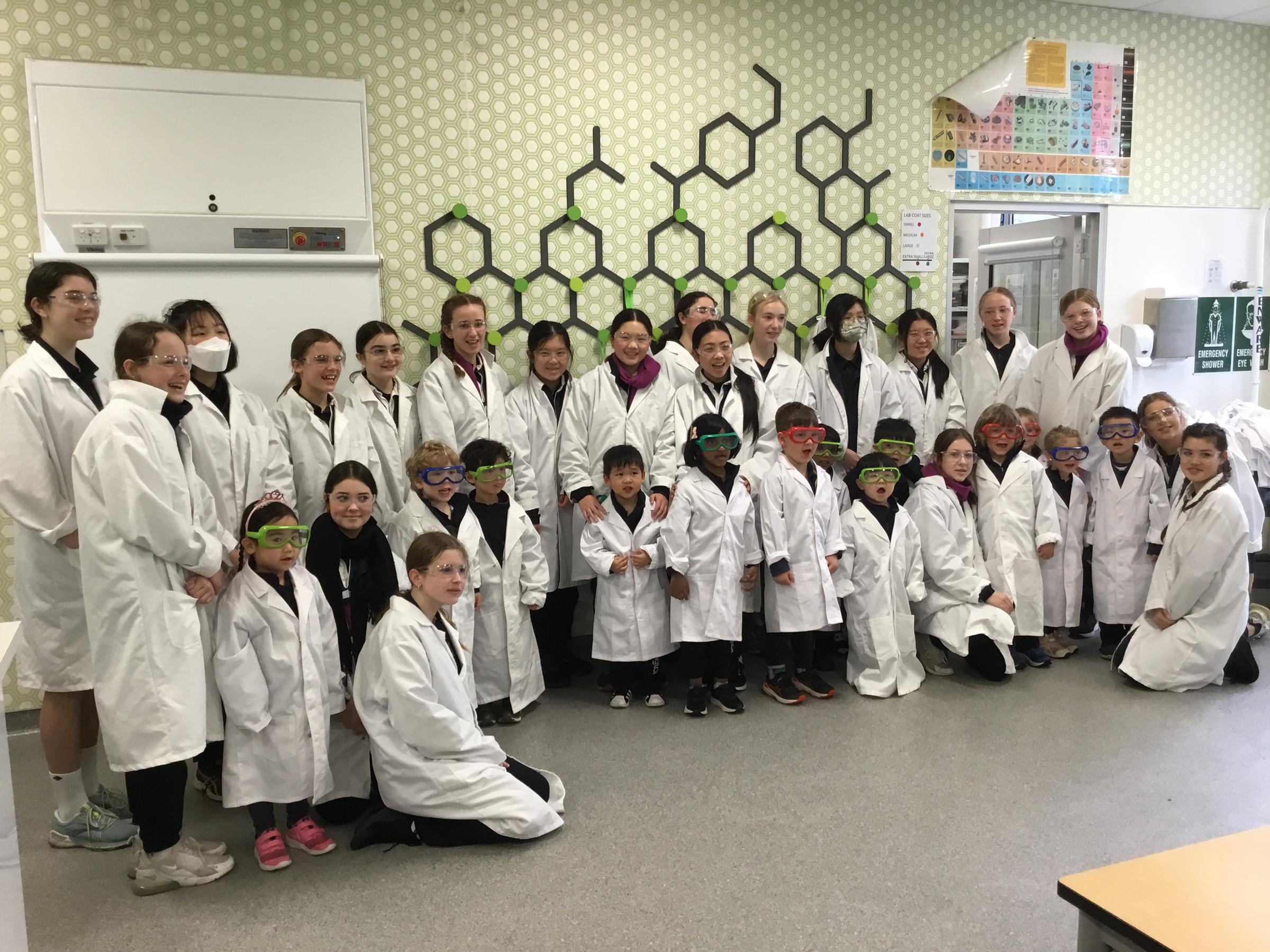
Martine Walls, Dean of Character and Wellbeing Program Development
Growing resilience at School
As the prevalence of mental illness in young people increases, so too does the need to develop their resilience. Resilience is known to be a key component of helping young people overcome setbacks and maintain positive social and emotional wellbeing.
In order to help our young people learn the mental and emotional skills that will allow them to flourish in life and become well-rounded individuals, implementing mental health and wellbeing programs must become a priority.
Experts advocate schools as the ideal setting for promoting resilience-enhancing practices. As such, this semester we have been focusing on resilience at Kilvington, in particular the training of resilience.
STEPS TO BUILDING RESILIENCE
Resilience is a skill that can be strengthened by any person at any age. It isn’t something we have or don’t have - it's something we can grow. No matter how resilient we are today, we can be more resilient tomorrow.
We train resilience much like we train muscles - with consistency and perseverance. It's a process that is continual, with steps to be worked through and repeated over time.
These steps include building self-awareness, self-regulation and coping skills along with increasing our optimism levels, connecting with others and learning about our personal strengths.
SENIOR SCHOOL WEEKLY RESILIENCE TRAINING CHALLENGE
With this in mind, we have introduced a Weekly Resilience Challenge for our staff and Senior School students, focusing on the steps previously outlined to build resilience.
Each week, we've focused on different aspects of resilience-building. The challenges have included learning about our personal strengths, journal writing, practicing breath techniques, sharing jokes and laughter, and much more!
We have also explored resilience at our Senior School assemblies where students have had the opportunity to reflect on their weekly challenges, share inspiring stories about resilient people within the community, and showcase what resilience means to them.
You can find more details of our Weekly Resilience Challenges Training Program in the below attachment.
THOUGHTS ON RESILIENCE FROM OUR PASTORAL TEAM
Our Pastoral Team also has some great insights and stories to share on resilience. You can find their quotes on the 'Thoughts on resilience from our Pastoral Team' page of ITK.
RESILIENCE PROGRAMS IN THE JUNIOR SCHOOL
At Junior School, we run several structured programs to help our students build their resilience skills. These include GEM, the 4Rs, The Zones of Regulation and Character Strengths, just to name a few.
Each day, the Junior School engage in two sessions of GEM (Gratitude, Empathy and Mindfulness) Time. It’s a time for learning, self-reflection and educator-guided instruction, surrounding the areas of gratitude, empathy and mindfulness. Resilience is core to GEM Time instruction.
The 4Rs (Resilience, Rights and Respectful Relationships) is a teaching tool which assists all students in developing their social, emotional and positive relationship skills. It's broken into year level units, meeting the unique needs of every age-group in an authentic and meaningful manner.
Key to resilience is the ability to identify and regulate our emotions and responses. Throughout the Junior School, students and educators use 'The Zones of Regulation' to initially acknowledge their emotions, and to then address these emotions in a positive and forward-thinking manner.
Character strengths activities are also implemented in the Junior School to help students develop optimism, self-confidence and wellbeing. Head of Junior School, Lucas Collins, shares, 'In the Junior School, students recognise and celebrate how they are bringing the VIA’s Character Strengths ‘to life’, via dedicated Character Strength Spotlights at student assemblies.
During these times, students from across the Junior School share how they and their classmates are bringing their focused character strength to life through their actions, behaviours and decisions'.
REFERENCES
Please find below the list of references used for this article.

